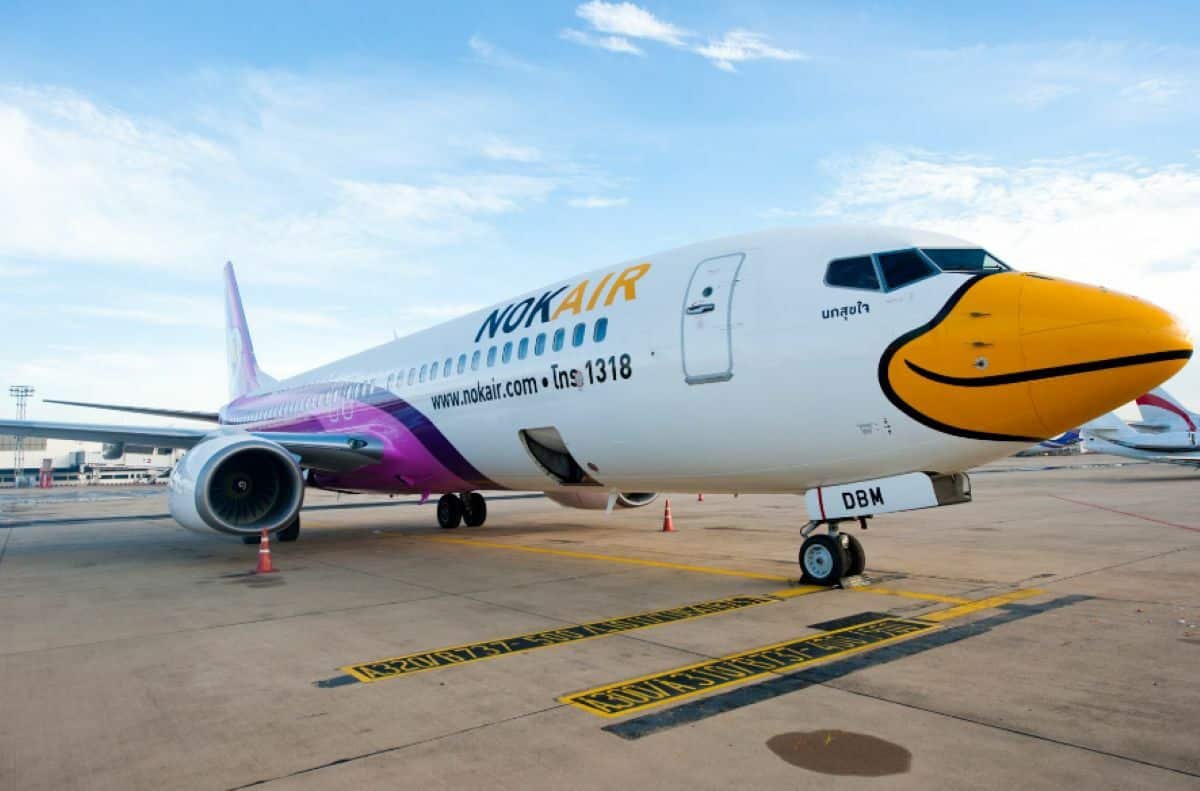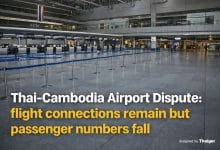Nok Air shifts focus from China to India, Japan, Taiwan, Singapore

Nok Air intends to reduce its flights to mainland China this year due to slow market growth and will instead focus on expanding its services to India, Japan, Taiwan, and Singapore.
The airline’s Chief Executive, Wutthiphum Jurangkool, highlighted the shift in Chinese tourists’ preferences towards Japan over Thailand and noted the Chinese government’s lack of support for outbound travel. Safety concerns among Chinese travellers related to scams and human trafficking in Thailand have further impacted Thai airlines.
Since January, Nok Air has decreased its weekly flights to China from 16 to 12, covering Nanning, Zhengzhou, and Nanjing. The airline may adjust these flight schedules in the future. With the sluggish Chinese market in January, a passenger target for 2025 is yet to be set.
To maintain growth, the airline plans to increase its presence in other international markets, aiming to improve aircraft utilisation rates.
Last year, Nok Air boosted flights to Hyderabad and Mumbai to eight per week and is exploring new routes within India. Taiwan, Singapore, and Japan are also potential destinations for either direct flights or using the fifth-freedom agreement, allowing passengers to be dropped off en-route to Japan.

Domestically, Nok Air aims to maximise flights to significant tourist destinations like Phuket and Chiang Mai. The airline currently operates 14 Boeing 737-800 jets and anticipates receiving six Boeing 737 Max aircraft within the next four years.
Nok Air also plans to lease two to four aircraft annually through aircraft, crew, maintenance, and insurance agreements.
The company has considered introducing new turboprop aircraft to replace retired Bombardier Q400 planes but finds them less practical due to higher operational costs compared to jets, and the limited spending power in smaller cities.
Last year, the airline transported 4 million passengers with an average load factor exceeding 85%, reported Bangkok Post.
In related news, Nok Air has come out swinging against allegations that it forced junior pilots to pay for their training as a prerequisite for employment, denying any involvement amidst a high-flying lawsuit.
The airline finds itself in hot water after Teerawat Angkasakulkiat, President of the Thai Pilots Association, revealed that 13 pilots have taken legal action against the carrier.
Latest Thailand News
Follow The Thaiger on Google News:


























